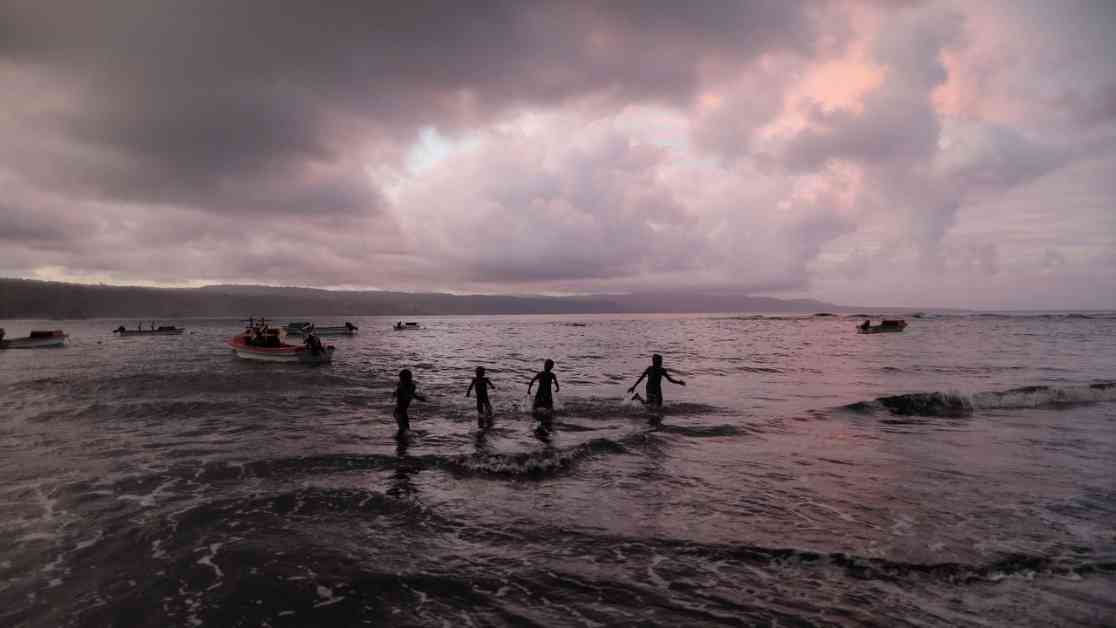The nation of Vanuatu, a small archipelago in the South Pacific, has taken center stage in a groundbreaking case before the International Court of Justice in The Hague. This case, which has been described as “landmark” and “historic,” questions whether countries have a legal and moral duty to prevent catastrophic climate change and what the consequences should be if they fail to do so. With roughly ninety countries submitting written testimony and representatives from many nations making oral arguments, the case has drawn attention from around the globe.
Vanuatu’s Diplomatic Maneuverings
Despite its small size and limited resources, Vanuatu has managed to bring the entire industrialized world to trial over climate change. The nation’s special envoy for climate change and environment, Ralph Regenvanu, has emphasized the importance of holding countries accountable for their contributions to climate change and ensuring that future generations do not suffer the consequences of inaction.
The Role of the United States
The United States, as the world’s top historical emitter of greenhouse gases, has a significant stake in the outcome of the case. While the U.S. argues that the existing framework for addressing climate change through international negotiations is sufficient, many experts and observers believe that stronger legal mechanisms are needed to compel countries to take more decisive action.
The Urgency of Climate Action
With global CO2 emissions continuing to rise and the world on track to exceed critical temperature thresholds, the need for urgent and coordinated action on climate change has never been greater. Leaders from around the world are looking to the International Court of Justice for guidance on how to address this pressing issue and hold countries accountable for their commitments.
As the world awaits the court’s opinion on this crucial case, the implications could be far-reaching and set a precedent for future climate-related legal challenges. For Vanuatu, a nation already facing the devastating impacts of climate change, the outcome of this case will have profound implications for its future and that of other vulnerable nations around the world.












